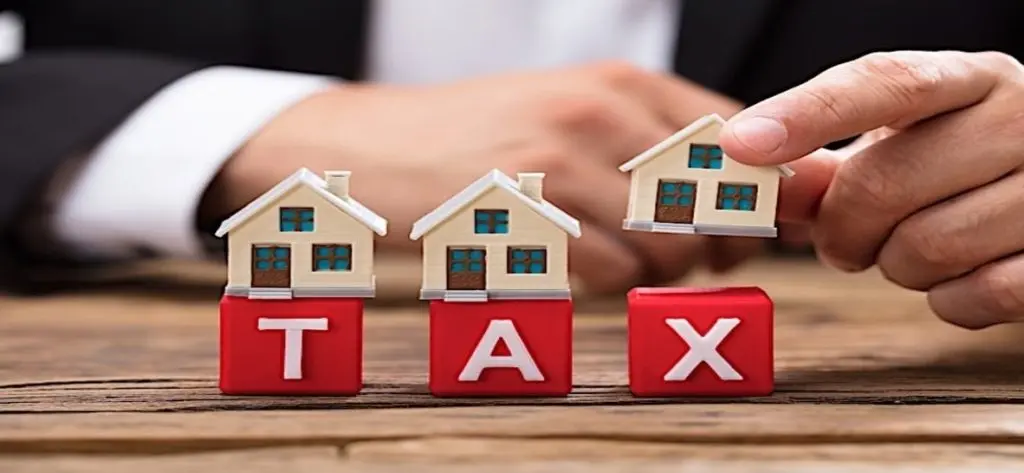What is a Property Tax?
The property tax is the amount in the form of money that an owner has to
pay. The tax is paid to the government. The taxes help the government to
function financially. The authorities utilize the amount in various areas, i.e.: To build infrastructure, increase the required imports, and pay people’s salaries, etc.
The term property doesn’t only refer to plots or home but every material
thing that one owns. The tangible assists include your car, your farm, your
office building, and other items on your name. The current tax percent is
Pakistan as of 2020 is 25%.
Property Tax and Our Country
If we want to see, Pakistan flourishes and step forward among the third world countries. Therefore, we need to take action now. The property tax is not the same for everyone because the more you earn, the more you have to pay tax. So, it keeps a balance between the different status class of society. however, the property tax also varies from city to city. The taxes are in a format, so each person pays them with ease. Several people don’t pay the taxes, which results in not such good financial conditions. The government doesn’t get enough money to pay the salaries, formulate the healthcare, education, and security. Due to such conditions, the government has gone for external sources. This includes taking loans from the International Monetary Fund (IMF) and other countries on the high-interest rate.Tax Year of Pakistan
The tax year starts from 1 July to 30 June of next year, i.e., The property tax, which starts from 1 July 2020, will end on 30 June 2021. For deep insights, one can refer to real estate books. The books give an insight into the commercial property as well as residential property.Types of Property Taxes in Pakistan
Not every person can transfer Property in Pakistan, but the one who owns it and has the power to sign the contract. A contract is binding on the parties selling and purchasing a property. There are several kinds of persons that cannot take part in the transfer of property, such as:Capital Value Tax
As per the Finance Act 2006, the person who buys any property will have to pay Capital Tax Value. It is 2% of the total recorded amount. The amount paid to the government when purchasing a property. The documentation of the property also has the capital Value Tax. It is 3% of all the legal documentation called ‘Stamp Duty.’Capital Gains Tax
The Capital Gain Tax is a sibling to Capital Value Tax. It is the amount that the seller has to pay to the government. The amount is paid at the time of selling the property. The tax applies to the property of the sellers. The tax chart changes every year. After three years, the seller must pay capital gains taxes. Whereas the first-year tax is 10%, the second year it comes down to 7.5%, and in the third year, it’s 5% only.Withholding Tax
The withholding tax is a fusion of Capital Gain Tax and Capital Value Tax. It is the amount that both the buyer and seller pay at the end of the sale process. As per the Tax percent, both the parties have to pay withholding tax. If the buyer goes on income tax, it remains 2%, but if the buyer is a non-filer the tax rises to 45%. The huge increase ensures that property buyers should become tax filers. The same is for the sellers. If they are a filer, they have to pay 1% of tax, but if they are non-filer, the tax will charge as much as 25% withholding tax.Who is Exempt from Paying Tax?
- A residential house on a land area less than 5 Marla, which is also not a category ‘A,’ enjoys the tax exemption.
- A single only house with only PKR 6,480 rent, which also occupied by the owner for residence, makes its way to tax-exempt
- The annual rent of property cannot exceed PKR 4,320. It makes it tax-free.
- The property, including buildings and homes owned by widows, orphans, or disabled persons with up to PKR 12,150 per year, are exempted.
- The buildings owned by the government or local semi-government authorities, i.e., Corporation, Welfare Centre, Municipality, or town committee.
- A single property owned by government servant either retired with up to 1 Kanal is exempted.
- The mosques and religious areas don’t come under the tax.
- The parks, schools, hospitals, boarding, and libraries are tax exempted.
- If any property’s rent is dedicated to the religious or charitable institution, it stands as tax-free.
If you want to buy, sell, rent a property or any other information related to real estate or property taxes feel free to contact with Land Fortuners, we are always here to help you.





